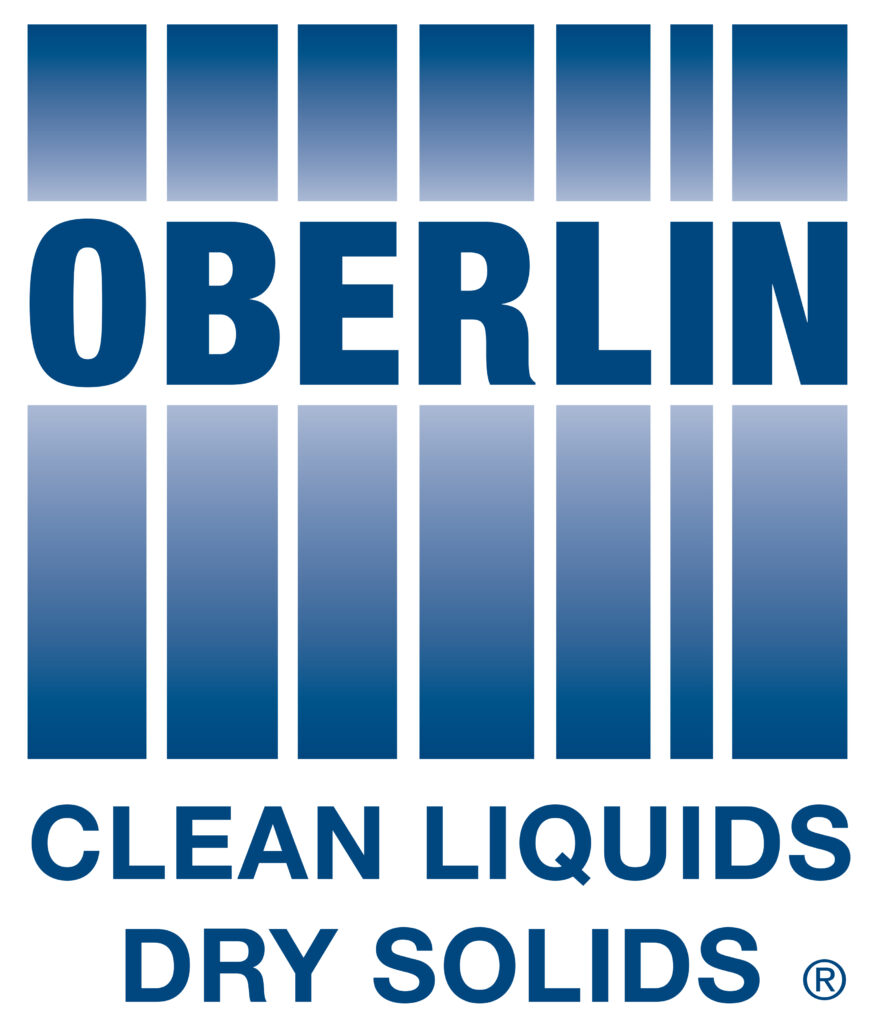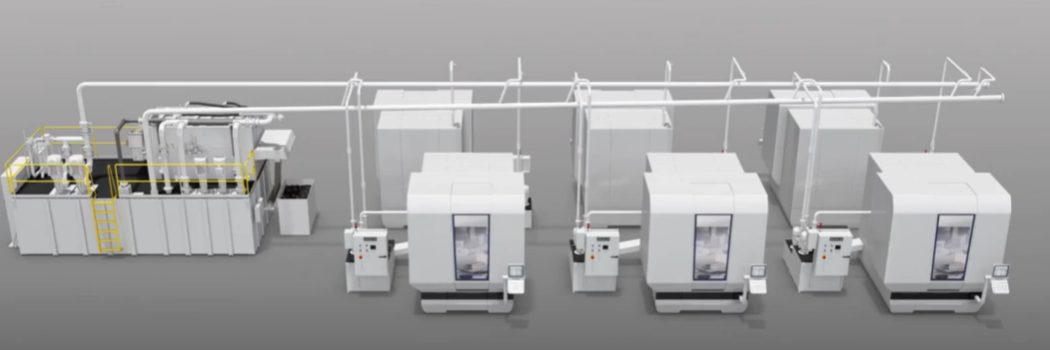For industrial food production companies, ensuring taste and flavor aren’t lost to oil degradation is a top priority – not only for day-to-day customer satisfaction but for maintaining a reputation as a quality provider of fried foods.
We understand that after a while, your frying oil doesn’t stay clean. It starts picking up burnt bits, fatty acids, and other contaminants that can really mess with the taste and look of your fried foods.
Nothing pushes customers away faster than when what they’re eating doesn’t taste quite right. If those flavor swings become too wild, you can bet it’ll sour your image in no time. To make matters even worse, other foods cooked in the same oil can also be affected when not filtered out properly, further compounding the problem.



